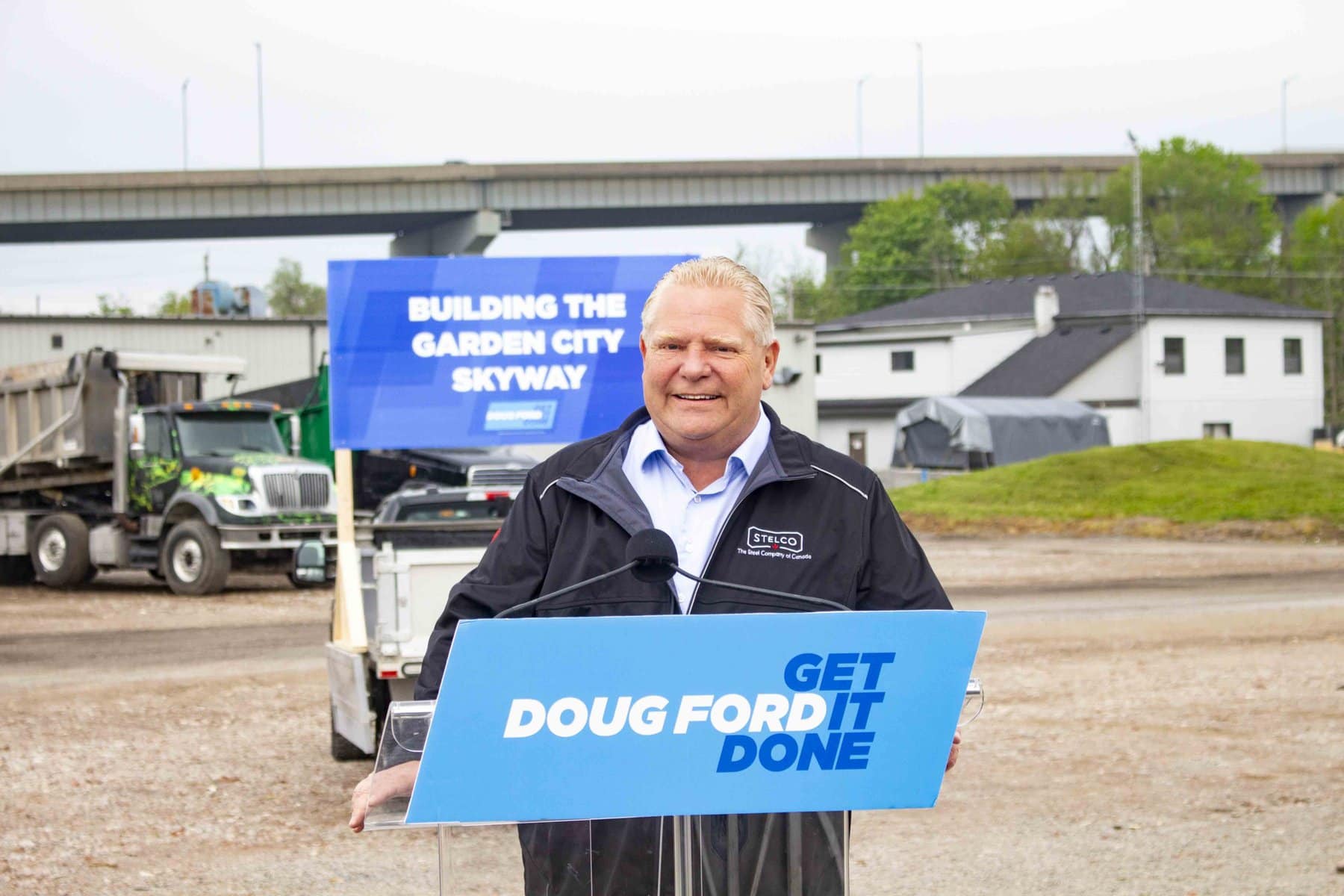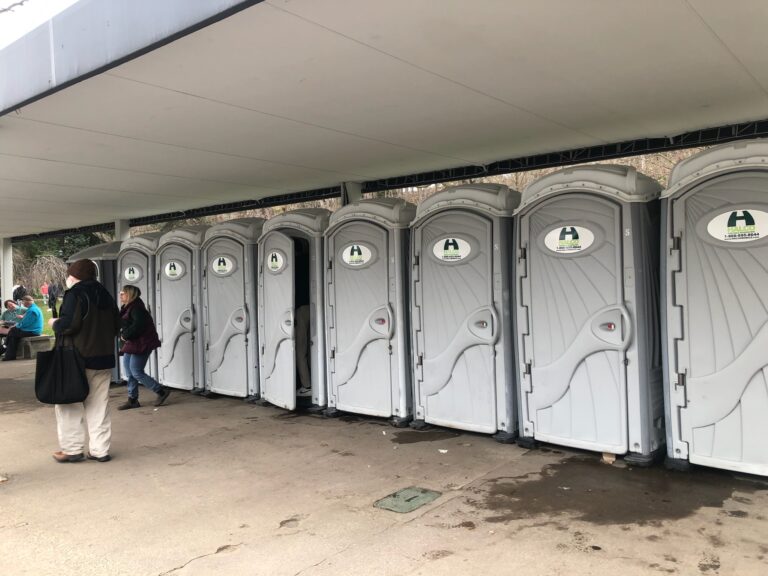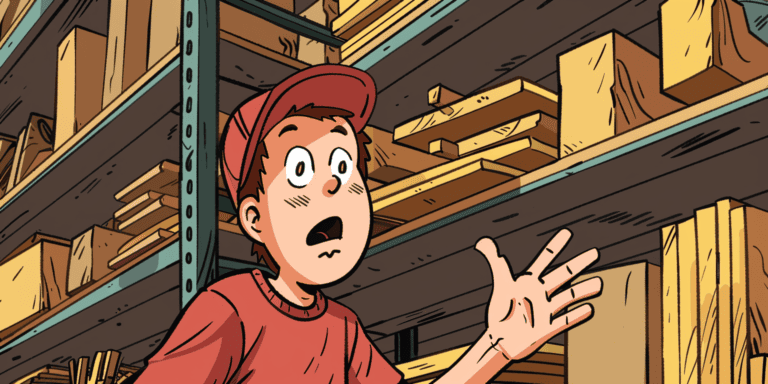David Israelson
Special to The Lake Report
If you think it’s bad how Doug Ford’s government is wrecking Ontario’s Greenbelt, wait till we see what they have in store for Niagara-on-the-Lake.
It’s not going to be pretty for Canada’s most beautiful town. Do you enjoy Niagara-on-the-Lake’s picturesque vistas, its streets lined with authentic heritage housing and buildings, its tree-lined streets and its languid lines and concession roads bordered by vineyards and orchards?
Enjoy it fast, because the Ford government has removed virtually all the legal protection for this.
Law will wreck the Greenbelt
On Nov. 28, Ford brought into law his big lie, when the province passed his notorious Bill 23.
The big lie was this: before the election he said that he “won’t touch the Greenbelt.” Bill 23 enshrines the lie into law — thanks to the new legislation, Ford will touch the Greenbelt.
The government will let developers slice it up for suburbs and strip malls, with no say by local communities.
True, the new law is officially supposed to help ease the shortage of affordable housing in Ontario. And it’s also true that, while the Ford government plans to let developers build on the Greenbelt and perhaps even on flood plains, the government also proposes to add some greenspace.
The devil is in the details. While affordable housing is a worthwhile goal that everyone can support, nothing in Bill 23 guarantees a single home that a typical Ontario family could afford will be built in Ontario.
And as for adding land to the Greenbelt, once a government starts allowing parts of its protected space to be paved, it means the Greenbelt isn’t protected. It’s hard to look at this new law as anything else but a land grab — a massive transfer of wealth to a few select developers.
Woes for region, conservation and town
What does this have to do with Niagara-on-the-Lake? The details are still becoming clear, but it doesn’t look good.
Though pressed for time, the town’s staff, as well as Niagara Region officials and the Niagara Peninsula Conservation Authority all submitted comments to the province in the run-up to the bill’s passage.
In its submission, dated Nov. 17, the region’s planning and development services department asked the province to put the brakes on the legal changes. The region stands to lose up to $60 million in development charges.
These are fees local governments collect from developers to help make sure new housing has proper services and is affordable; they help ensure the new projects don’t become a burden on the taxpayers.
That won’t happen under the new law and regional officials are already worried. Instead of developers paying their fair share, “It goes without saying that … fewer affordable housing projects will be completed in Niagara as it is unlikely that future councils will decide to make up this significant shortfall through increased property taxes,” the region’s submission said.
The conservation authority is also worried. It warned Ford that Bill 23, which weakens the authorities’ ability to protect the environment, “will have minimal effect in increasing the housing supply and could lead to unintended future consequences associated with the loss of critical natural heritage features such as wetlands.”
Weak conservation authorities “could also lead to more development being located in natural hazards, higher costs in property damage, increased burden on municipal partners, and absolute erosion of the ecosystem approach” to protecting the environment, the Niagara conservation officials said.
End to heritage protection?
As for Niagara-on-the-Lake itself, the town’s administrators have warned the province that the new rules “make it challenging to conserve important heritage buildings.” As if it weren’t already challenging enough.
“The town has approximately 200 listed properties on the Municipal Heritage Register,” the administrators said. Under the new law, all of these properties must go through the sometimes complicated process of being designated as protected within the next two years. If they don’t, a developer can knock them down.
“The town’s tourist economy relies on the attraction of Old Town, its historical character and the heritage buildings,” they said. Putting a time limit on registering everything worth protecting in a town this size won’t work, they added. Is this Ford’s idea of the end of history?
Time to speak out
What can people do now that Ford has passed this noxious bill without allowing reasonable public debate? The best thing seems to be to keep asking questions.
Why did he lie about the Greenbelt? Did any developers know in advance that the changes were coming, so they could buy up land cheap? Did anyone inside the government tip them off?
Eventually, if enough people ask enough questions, it will be impossible to avoid answering. Niagara-on-the-Lake joined the chorus across the province demanding that this awful new law be put on hold.
The experts have weighed in. Now it’s time for Ford to pull back Bill 23. Do it for the people.
David Israelson is a writer and non-practising lawyer who lives in Niagara-on-the-Lake.
* Watch for The Lake Report’s in-depth series on Bill 23 in January examining what the new rules could mean for NOTL and Niagara.









